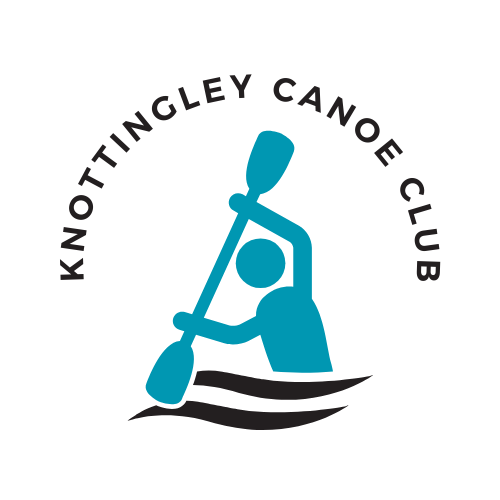Knottingley Canoe Club values effective communication to keep our members informed, engaged, and connected. This policy outlines the standards and guidelines for all forms of communication within the club, including digital platforms, social media, and messaging with members, particularly children and young people. Our aim is to promote safe, respectful, and appropriate communication in line with safeguarding best practices.
1. Purpose of the Policy
This policy provides guidance on how the club uses digital communication and social media, ensuring compliance with safeguarding standards and protecting the privacy and well-being of our members, especially those under 18.
2. Key Principles
- Safety and Respect: All communications should be conducted with the safety and respect of all participants in mind.
- Transparency: Communications should be open and transparent, with parents or guardians informed and involved where appropriate.
- Compliance with Safeguarding: All communication must adhere to safeguarding policies and procedures to protect children and vulnerable members.
3. Digital Communication Guidelines
- Direct Messaging:
- When messaging a child or young person individually, always include a parent/carer. Group messages should also include at least one responsible adult, such as a Welfare Officer.
- Obtain consent from parents/carers before communicating with children and provide them with information about the purpose and methods of communication.
- Only communicate about club-related activities, such as session times or event details. Avoid personal conversations or sharing irrelevant content.
- Social Media Use:
- The club’s social media accounts will be managed by designated administrators with safeguarding training. At least two responsible adults will have access to these accounts.
- Avoid connecting with under-18s on personal social media accounts. If using a club social media platform, maintain professional boundaries and avoid private messaging.
- Posts involving children should not include personal information such as addresses or contact details. Always ensure you have consent before posting images or videos of children.
- Privacy and Data Protection:
- All contact details must be stored securely and only accessible to those with a legitimate need.
- Use the blind copy (Bcc) function in bulk emails to protect members’ privacy.
4. Managing the Club’s Online Presence
- Account Management:
- All social media accounts will be password-protected, with at least two designated administrators responsible for monitoring content and interactions.
- Inappropriate posts will be removed, and members involved will be informed of the reasons for the removal.
- Content Guidelines:
- Posts should reflect the club’s values and should not include offensive or inappropriate language or images.
- The club will regularly review its online content and update it to ensure it aligns with our safeguarding policies and the expectations set out in this document.
5. Expected Behaviour Online
- For Staff and Volunteers:
- Staff should communicate in a professional manner, as they would in face-to-face interactions, avoiding informal or inappropriate language.
- Staff should not delete any messages or communications sent to or from club accounts and should refer any concerns to the designated safeguarding lead.
- For Members and Parents:
- Members and parents are expected to engage respectfully online, following the club’s codes of conduct. Any concerns about online behaviour should be reported to the Safeguarding Officer.
6. Reporting Concerns
- If there are any concerns about inappropriate communication or online behaviour, these should be reported to the club’s Safeguarding Officer or another appropriate official. All reports will be handled in line with the club’s safeguarding procedures.
